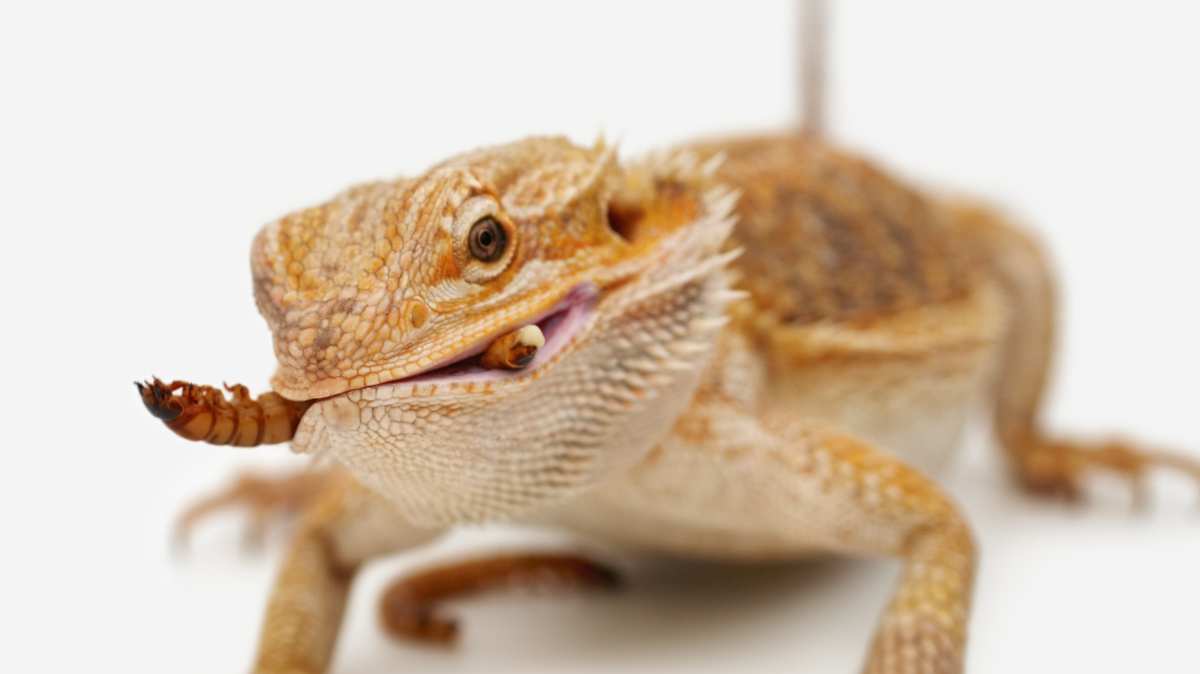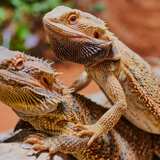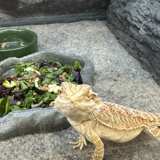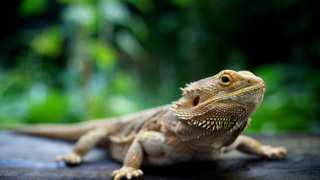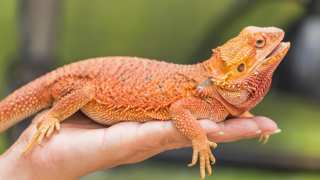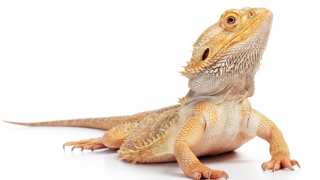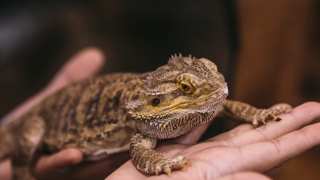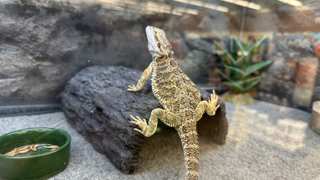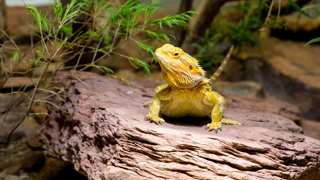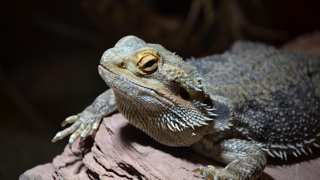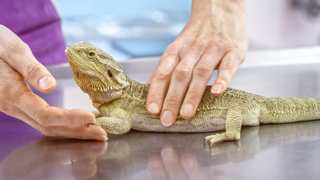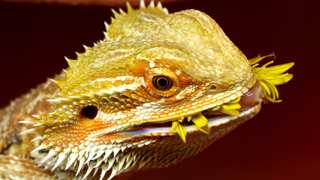Two of the most common feeder insects for bearded dragons are dubia roaches and crickets. While both crickets and dubia roaches are considered healthy for bearded dragons, each insect has its own pro's and con's, which can make it a bit difficult for beardie owners to choose the right insect for their needs. We have created a list of the pro's and con's for both crickets and dubia roaches below so you can better determine the best feeder insect for your needs.
Not roaches (which creep some people out)
Don't immediately hide/bury themselves
Have a softer shell
Smell bad
Chirp and make sounds
Jump and escape more easily
More difficult to breed
Get dirty easily and can carry parasites
Dubia Roach Pro's and ConsDubia are quiet
Dubia do not jump and rarely escape
Dubia generally do not develop a bad odor
Have a longer lifespan than crickets
Are clean and don't carry parasites
Very easy to breed
Have a longer lifespan than crickets
Quickly hide from reptiles making them easier for dragons to find
Take longer to sort by size for feeding
Their hard shells are difficult to dust with vitamins
They are roaches, which bother a lot of people

